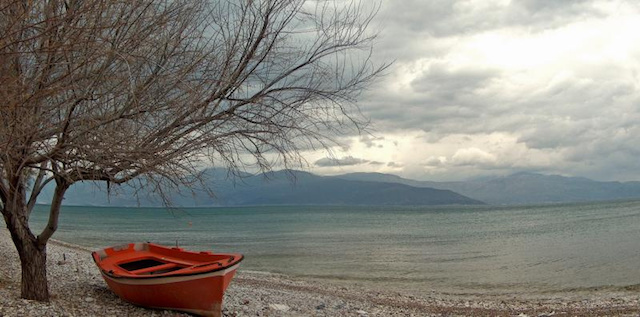
Relations with other people require a great deal of tolerance. If somebody wants to reject you and you reject them then you burn your bridges with them. Elder Gavriil Tsafos

Relations with other people require a great deal of tolerance. If somebody wants to reject you and you reject them then you burn your bridges with them. Elder Gavriil Tsafos
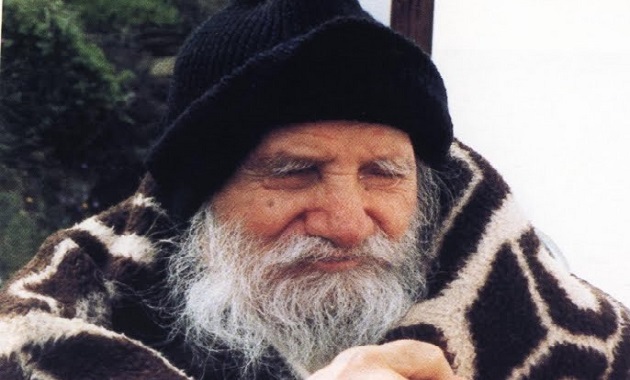
(Edited by Stelios Koukos) - ‘I suggest we pray together, both of us, at exactly the same time. We’ll each pray for the other’. We agreed and promised. We even set the time for the prayer-10 p.m. He explained that he had great faith in this kind of prayer. ‘The results of common prayer are astonishing. You’ll see for yourself. But I want you to be exactly on time for our rendezvous. Don’t fail to keep your promise even once. I’ll do the same’. I went with Father Porfyrios as far as the bus terminal for Polygono. This time he wouldn’t let me see him home as he usually did. ‘No, don’t come with me. Go home. We’ve just promised something. We have to ...
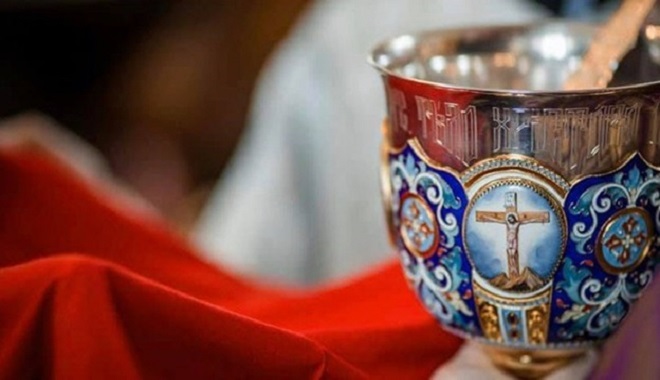
Saint Gregory the Theologian: ‘When they fittingly and worthily partake of the most holy Body of our Lord, this becomes a weapon for those under attack and a return for those who have abandoned God. It fortifies the weak, gladdens the healthy, heals the sick and protects our well-being. Through Holy Communion we’re more easily corrected, we become more patient and resilient as regards pain and sorrows. It makes us warmer in our love, subtle in knowledge, willing in obedience and sharp and swift in the exercise of our gifts. With those who do not commune frequently, however, the opposite is true, since they aren’t sealed with the Precious Blood of our Lord. The Lamb is slaughtered and, through the ...
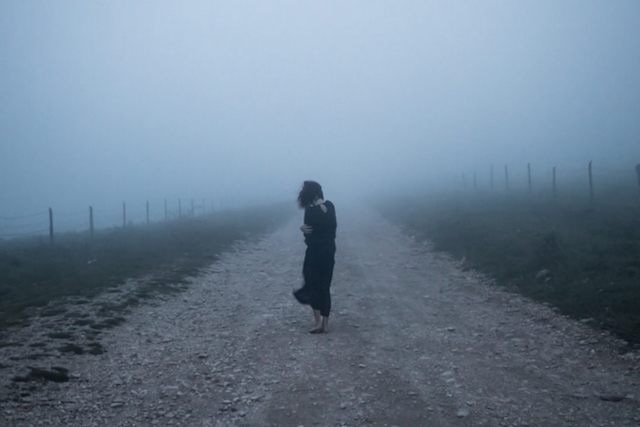
Humble people don’t provide handles for temptation to latch on to. But if they are caught out and thrown to the ground, they know the art of getting back up and saying; ‘Forgive me, God; forgive me brother/sister’. They accept their mistake and confront their fall and sin with a proper attitude of repentance. Metropolitan Athanasios of Limassol

In the name of prayer, the Fathers defined the notion of introversion and particularly that of ‘private’ conversation with God. This is where people throw themselves on God’s mercy and goodness and with tenacious confession, supplication, pleading and thanksgiving reveal their pain and desire to Christ our God, ‘who is able to save’. Elder Iosif Vatopaidinos
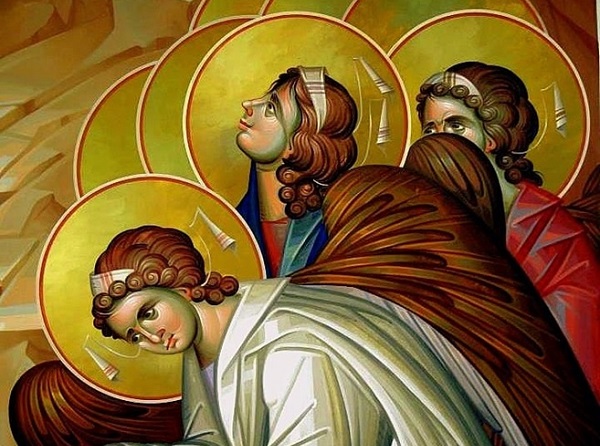
How often do we do something considered spiritual- prayer, church attendance, fasting, some alms-giving- and think we’ve become ‘Saint Anthony’. Because we compare ourselves… to ourselves. We ourselves are the criterion. It’s like somebody going on a run and thinking they’re running quickly. Then a proper athlete turns up alongside them and they realize that they might as well be running on the spot. Scripture points this out directly: ‘Woe to those who are wise in their own eyes and clever in their own sight’ (Is. 5, 21). So our delusion is obvious: we’re living in a dream-world, under the false impression that we’re ‘magnificent’ and ‘saintly’. Because naturally, we could, in fact, compare ourselves to other people and become aware ...
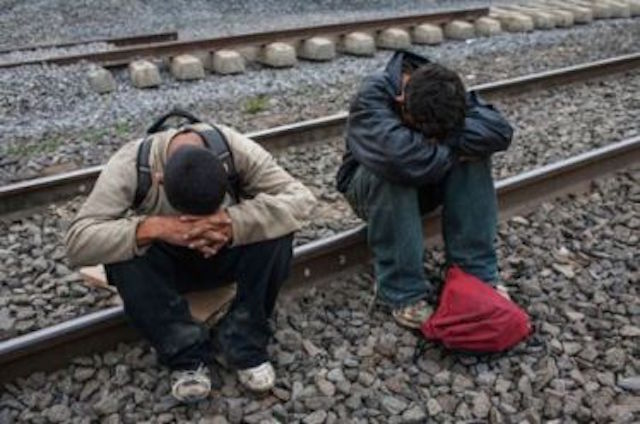
Saint John Chrysostom praises Job not for his former life, when he was merciful, compassionate, hospitable and a man of prayer. No. He praises Job’s patience in the great trial which God allowed to befall him, his temptation and sickness. Saint Efraim Katounakiotis
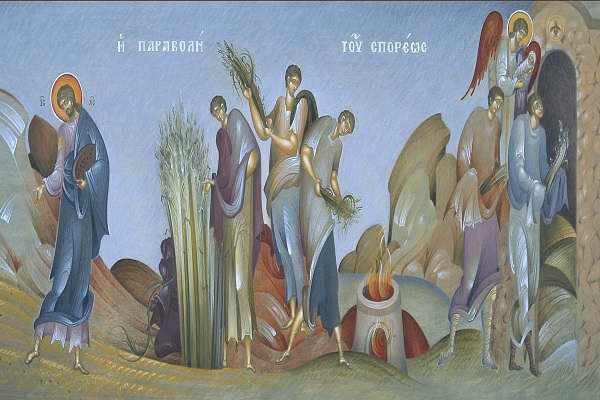
‘The Seed is the Word of God’ Very often the Lord would speak in similes and parables. One of his most important parables is that of the sower, the subject of today’s Gospel reading. A farmer was sowing his seed in a field, and, of the four portions, three fell on the road, on rocks or among thorns. The remaining portion fell on good ground and brought forth fruit: in one place thirtyfold, in another sixtyfold and in another one hundredfold (Mark 4, 20). Let’s see how the word of God bears fruit. The interpretation of the parable. The Lord explained the parable and said that the good ground is those who have good and pure hearts (Luke 8, 15); they’re people ...
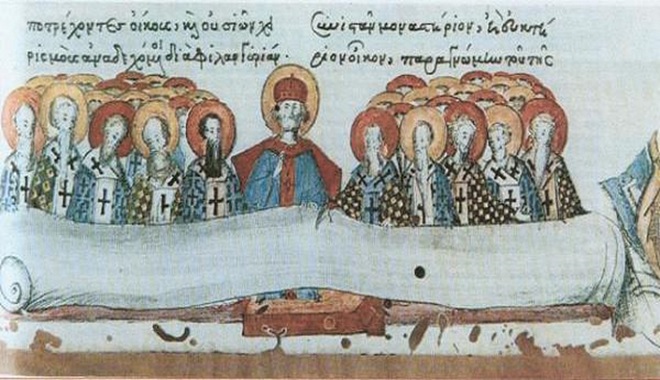
‘The holy and ecumenical seventh synod took place in Nicaea in Bithynia (787). This was the second synod in Nicaea, after the Fathers of the 1st Synod convened there in 325, during the reign of Emperor Constantine and his mother Helen. The Patriarchs present or represented at the 7th Synod were Hadrian (Rome), Tarasios (Constantinople), Politianos (Alexandria), Theodoritos (Antioch) and Ilias (Jerusalem) and the Fathers who convened there numbered three hundred and sixty-five. They all came together against the iconoclasts and anathematized in writing every heresy, as well as all the heresiarchs, and then all the iconoclasts. They set out in writing and recorded that those who do not venerate the holy icons are strangers to the faith of the ...
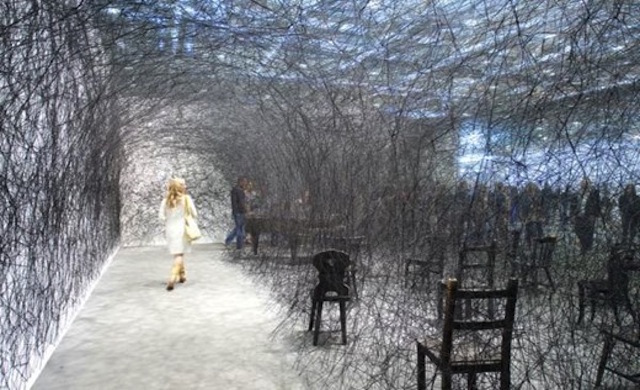
Those who’ve been poisoned by the virus of pride are contemptuous towards everything, even that which is divine and sacred. Pride destroys and pollutes every good thought, word or deed, every work of the Creator. It’s the deadly breath of Satan. Saint John Kronstadtskij
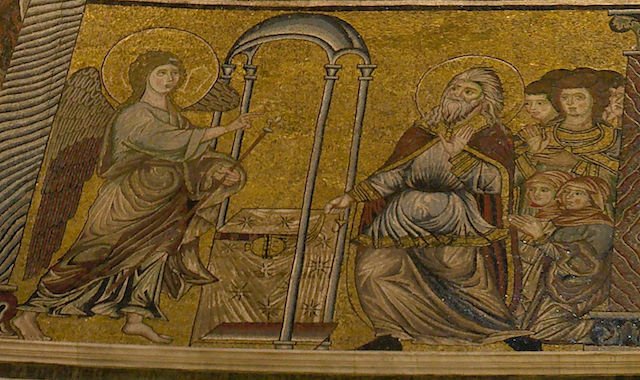
When Christ, the Apostles and the Fathers speak about peace, they don’t mean abstention from bodily or spiritual warfare, but an altogether more profound spiritual state. It begins with the pacification of our conscience, but also involves participation in the uncreated energies of God. People have to self-identify positively before God; they have to be at peace with themselves, with their neighbor and with God. Elder Efraim Vatopaidinos

The consistency of the pattern in Christ’s life is a challenge for the rational thinking of people in the world and a reversal of everything they hold to be a constant. Why? Because, having expunged God from their life, they seek comfort, complete acceptance by others, the power of wealth, and domination, all of which constitute sin itself and subjugation to the Evil One. What’s worse is that this sinful state is expanding without let or hindrance, because, according to Saint Paul, ‘wicked people and impostors will go from bad to worse, deceiving and being deceived’ . No Messianism- as the expectation of any improvement in the state of the world- is acceptable to us. The world is bad and it’s ...

Concerning the harm the devil can cause us, Saint Gregory the Theologian said: Don’t put the blame for all your sins on the hapless devil. We’re the ones who collect the brushwood and he sets fire to it. If there weren’t any brushwood, what sort of fire would the devil be able to light? It follows, then, that the devil can do us only as much harm as we allow him to. We’re the ones who give that right to him. Dimitrios Panagopoulos
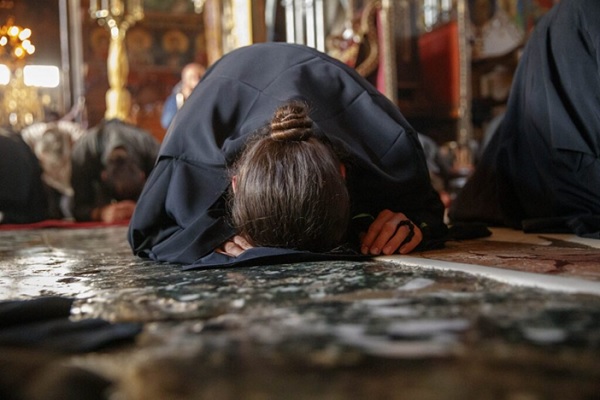
The ‘forgive me’ which comes from a heart in pain over a mistake breaks down the hard wall of remoteness, of animosity, and unites that which was divided. This is why it’s neither easy nor painless. Because the easy and painless ‘forgive me’, expressed as a formula for restoring relations on a superficial level, isn’t capable of breaking down walls. There’s ‘forgive me’ to God and to other people, to our neighbor. In reality, it’s one and the same, since according to the Fathers, ‘if you sin against your brother or sister, it’s as if you sin against God’. Or, as Abba Apollo puts it: ‘If you’ve seen your brother or sister, you’ve seen God’. The excuse that ‘Things are fine ...
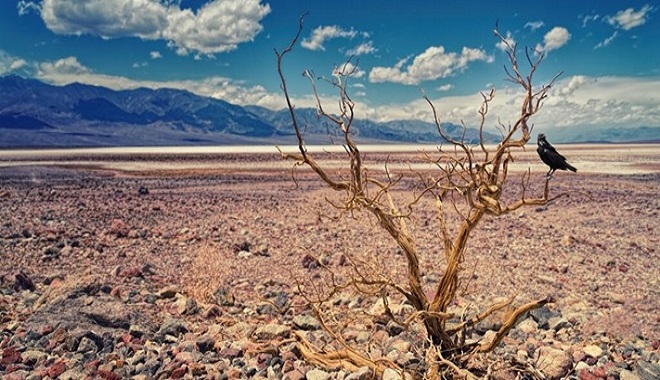
‘When our conscience tells us to do something and we ignore it, and when it then tells us to do something else and we don’t do it, we steadily and relentlessly stamp upon it; we bury it and it can’t shout aloud within us any more, because of the weight that’s covering it’ (Abbas Dorotheos). Nowadays, our conscience has been banished from the stage of upbringing, education, and our desire to identify with other people. The law has been transformed into social obligation, we ‘have’ to observe it to prevent society becoming a jungle and to ensure that there’ll be boundaries. But we don’t feel any chastisement from within us if we choose as our priority our own opinion and will. ...

Those who are measured in their language, are also measured in their deeds. Those who examine the words they’re about to say, also examine the actions they’re about to perform. In this way, they never overstep the bounds of good, virtuous behavior. Saint Nektarios of Pentapolis
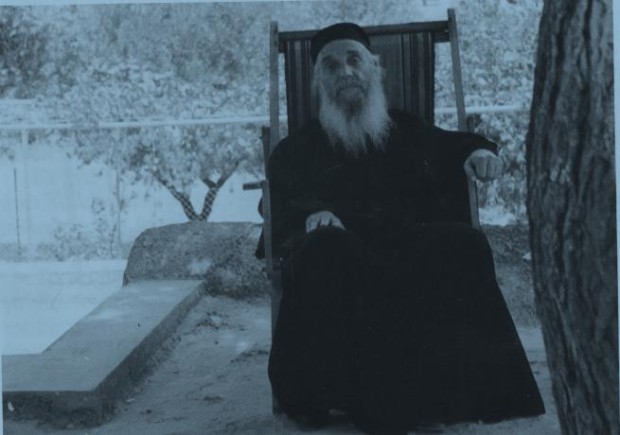
The more you love God, the more love you have for other people. You love them as icons of God, with respect, tact and holiness. Saint Amfilohios Makris
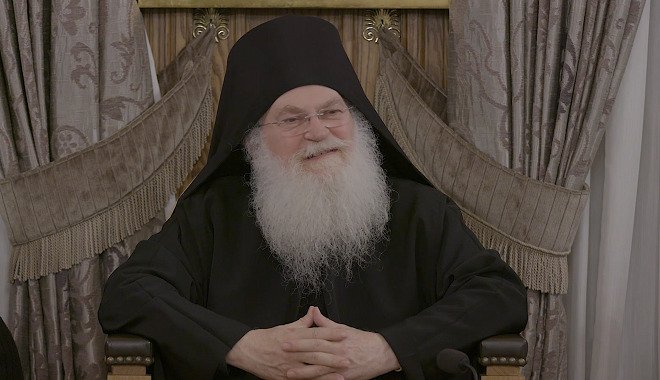
2nd e-Meeting with Elder Ephraim and Romanian Faithful with the Blessings of His Beatitude Daniel, Patriarch of the Romanian Orthodox Church Subject: “The spiritual relation of Elder Joseph of Vatopaidi and Elder Dionysios Kolitsiotis” Friday, Oct 15, 2021 – 19:30 Athens EET Dear friends, You are invited to participate in the “2nd e-Meeting with Elder Ephraim and Romanian Faithful”, organized by the web magazine PEMPTOUSIA and TRINITAS TV with the Blessings of His Beatitude Daniel, Patriarch of the Romanian Orthodox Church. The e-Meeting will take place Friday, Oct 15, 2021 – 19:30 Athens EET. Elder Ephraim will speak in Greek and we will offer real-time Romanian Interpretation for the entire session, including the homily as well as the questions & answers. Please register in advance for this meeting by ...
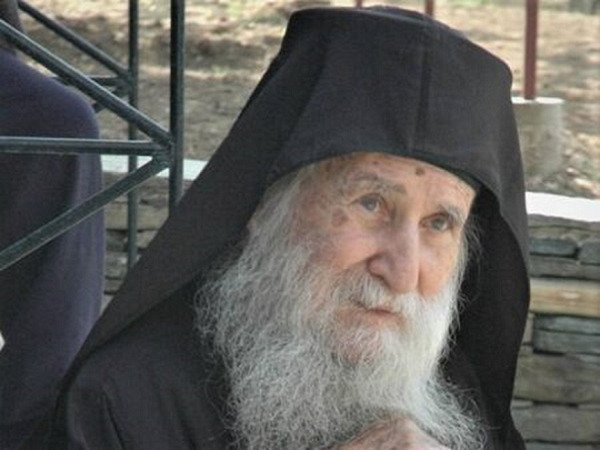
Every human character is considered to be ailing if divine grace is absent from it, because this grace perfects and maintains everything, since ‘it cures sicknesses and supplies what is missing’. The Lord stresses this when he says: ‘without me, you can do nothing’ (Jn. 15, 5). But, apart from the presence of grace, it’s also necessary for us to possess the human willingness to cooperate, in accordance with the moral rules of reason and the divine commands, since this will invite divine intervention. People who are quick to judge others do so because they’re accustomed to investigating the thoughts and actions of others rather than their own. They forget the words of Scripture: ‘Do not judge, so that you may ...
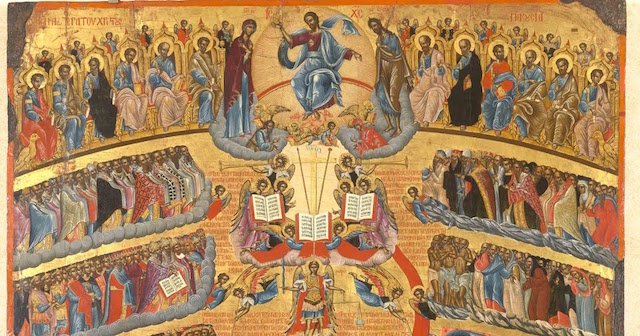
The salvation of the whole of creation is the exquisite providence of the Creator. In his compassion, the Lord supports all those who are in danger of falling and raises all those who have, in fact, fallen and been crushed. Saint Thalassios the Libyan